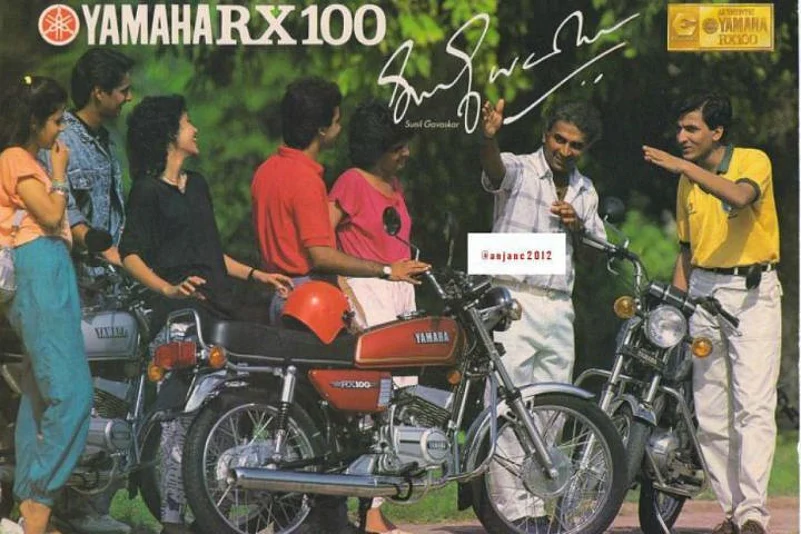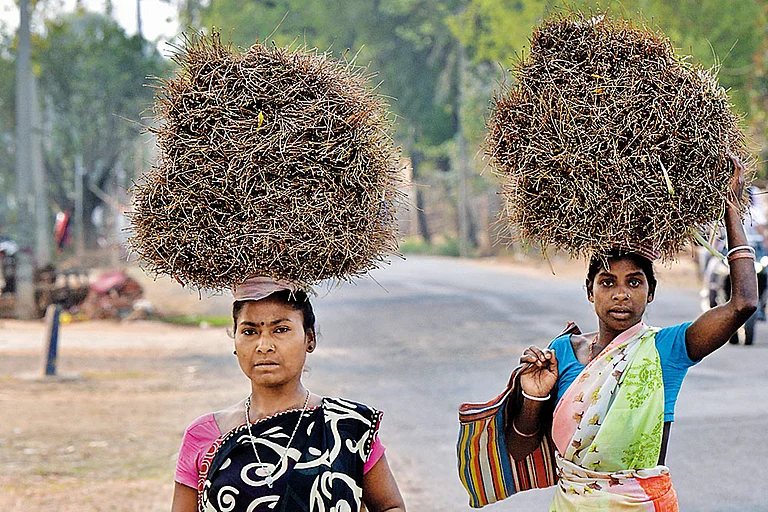You might have heard the rumours about the RTO banning the use of two-stroke vehicles in Karnataka. Obviously, this has caused panic amongst enthusiasts still holding onto their RX 100s, RD 350s, Jawas and Yezdis. But the truth is no such mandate which specifically mention all two-stroke engines has been issued by the government so far nor has there been any official statement.
The Karnataka government proposed a ban on the use of two-stroke three-wheelers from 1 April 2019. However, considering thousands of autorickshaws would be affected by this, the state then extended the deadline further to 31 March 2020. This was done to allow RTO officials to renew fitness certificates of the affected Auto rickshaws.

Does that mean two-stroke motorcycle owners have nothing to worry about? For now, yes. Contrary to online reports, no RTO has the authority to impose a ban on vehicles. It can merely make the suggestion to the state government. Even if the Karnataka government does ban motorcycles, it would take a lot of time to turn it into a law and an even longer time to enforce it.
Two-strokes engines have been banned for a long time, and with good reason. With the BSVI emissions about to kick in from next year, some even argue that a total ban of two-strokes is only logical. While we do advocate for more stringent norms and a cleaner environment, we do feel there should be some exceptions made to the rule.

For example, many enthusiasts treat their vintage bikes as prized possessions. Many of the older Jawas and RD 350s are still maintained in the best possible conditions. Instead of banning them, the government can take a similar approach and issue a fitness certificate to older bikes.
Two-strokes are a rare breed to find. They are also legacies of the motorcycling world. Yes, some ill-maintained examples are harmful to the environment and should be banned, but a few immaculately maintained ones do deserve to be on the road provided they clear the government fitness norms.
Source: zigwheels.com


























